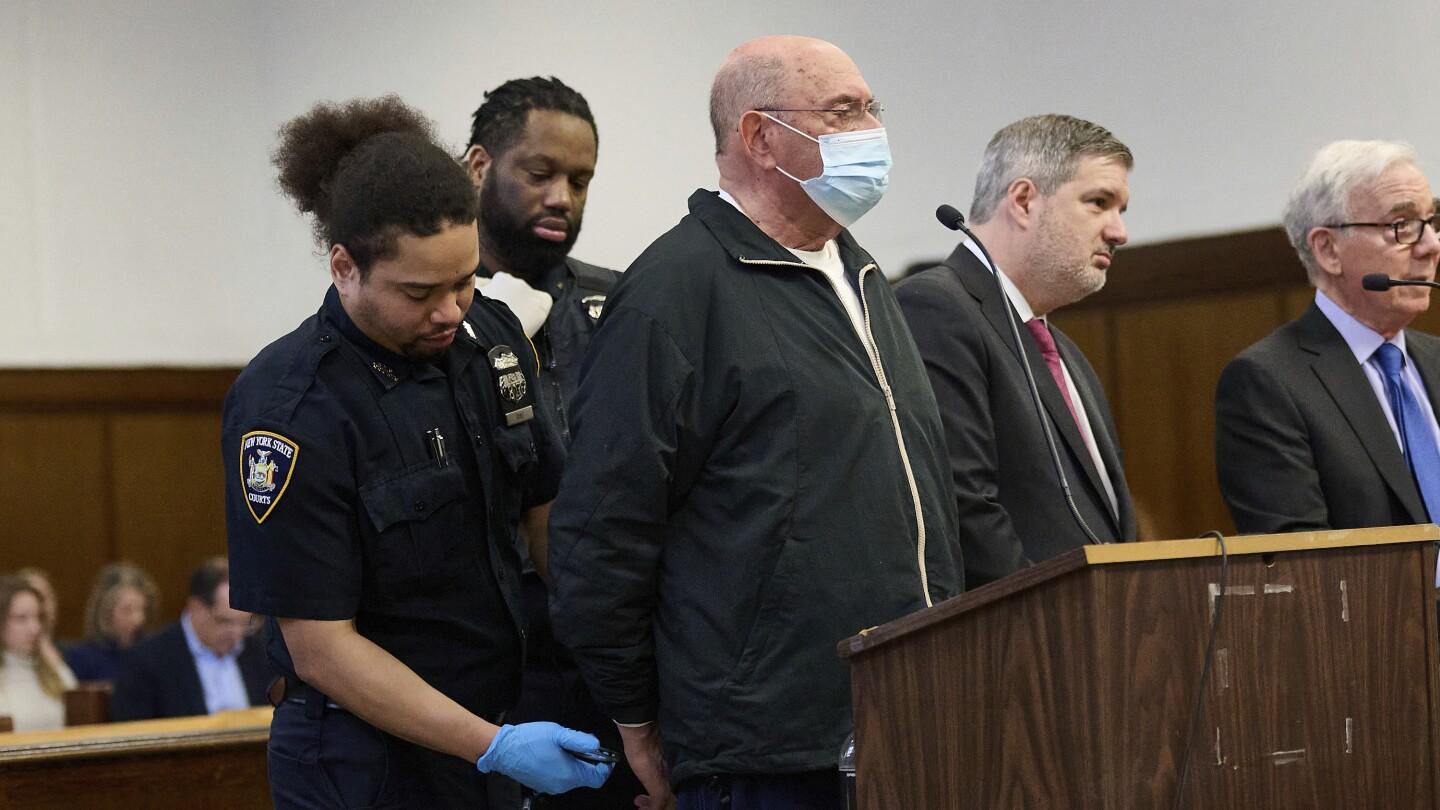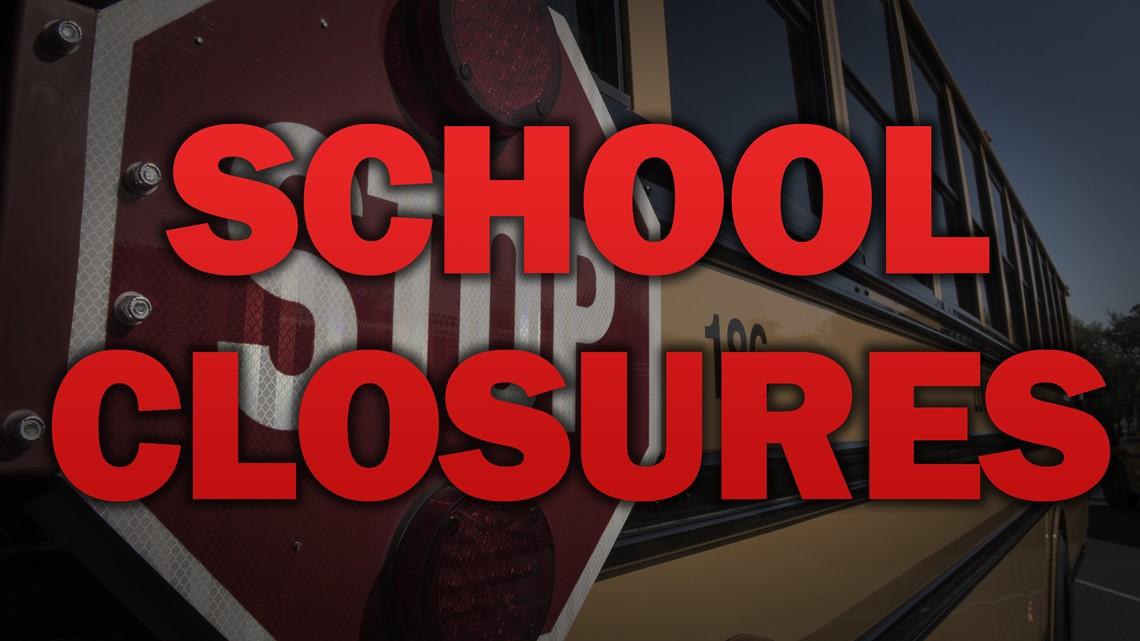That’s why, today, Vice President Harris is announcing two landmark final rules that fulfill the President’s commitment to safety in care, improving access to long-term care and the quality of caregiving jobs.
Cracking Down on Inadequate Nursing Home Care Medicare and Medicaid pay billions of dollars per year to ensure that 1.2 million Americans that receive care in nursing homes are cared for, yet too many nursing homes chronically understaff their facilities, leading to sub-standard or unsafe care.
It will also require facilities to have a registered nurse onsite 24 hours a day, seven days a week, to provide skilled nursing care, which will further improve nursing home safety.
Strong transparency measures will ensure nursing home residents and their families are aware when a nursing home is using an exemption.
Specifically, the rule will ensure adequate compensation for home care workers by requiring that at least 80 percent of Medicaid payments for home care services go to workers’ wages.
States will also be required to be more transparent in how much they pay for home care services and how they set those rates, increasing the accountability for home care providers.
Finally, states will have to create a home care rate-setting advisory group made up of beneficiaries, home care workers and other key stakeholders to advise and consult on provider payment rates and direct compensation for direct care workers.
The Administration has also expanded access to mental health services for tens of thousands of family caregivers who are helping veterans.
The Biden-Harris administration has improved safety, offered assistance to caregivers, including family members, and increased access to high-quality, reasonably priced healthcare through a number of initiatives, the most recent of which are actions.
Everyone has the right to receive high-quality care and to be treated with respect and dignity. Hence, in order to meet the President’s commitment to care safety, Vice President Harris is announcing today two historic final rules that will enhance long-term care access and the caliber of caregiving positions. As part of his larger commitment to care, the President has made it a priority to guarantee that all Americans, including the elderly and those with disabilities, have access to safe, dependable, and high-quality care, including home-based care. The announcements made today fulfill the President’s pledge made during the State of the Union address to take action against nursing homes that pose a risk to the safety of their residents. Additionally, the President issued a historic Executive Order on Increasing Access to High-Quality Care and Supporting Caregivers, which included the most extensive set of executive actions ever taken by a President to enhance care for millions of elderly and disabled individuals while also assisting family caregivers and caregivers.
Take Action Against Inadequate Care in Nursing Homes.
Millions of dollars are spent annually by Medicare and Medicaid to provide care for the 112 million Americans who live in assisted living facilities; however, a large number of assisted living facilities persistently understaff, which results in inadequate or dangerous care. Understaffed facilities put residents at risk of missing out on basic essentials like meals, bathroom breaks, and baths. They also make residents’ medical emergencies less safe. Because these committed employees cannot give the care they know the residents deserve without adequate support, understaffing can also disproportionately affect women and people of color, who make up a large portion of the nursing home workforce. “We will protect seniors’ lives and life savings by cracking down on nursing homes that commit fraud, endanger patient safety, or prescribe drugs they don’t need,” President Biden promised in his 2022 State of the Union address. “.
The Nursing Home Minimum Staffing Rule, which was finalized today, mandates that all nursing homes that receive federal funding through Medicare and Medicaid maintain a total staffing level of 3 point 48 hours per resident per day. This includes a predetermined number of registered nurses (0 point55 hours per resident per day) and nurse aides (2 point45 hours per resident per day). Accordingly, to meet the minimum staffing requirements, a facility housing 100 residents would require two or three registered nurses (RNs), ten or eleven nurse aides, and two additional nurse staff members per shift (who could be registered nurses, licensed professional nurses, or nurse aides). Based on the requirements of their residents, many facilities would require a higher level of staffing. Additionally, it will make nursing homes more secure by requiring a registered nurse to be on site seven days a week, twenty-four hours a day, to provide skilled nursing care. One of the factors that has been shown to be most closely linked to safety and positive patient outcomes is having enough staff.
The provisions of this rule will be implemented gradually, with longer deadlines for rural communities, in order to give nursing homes the time they need to hire the necessary staff. For nursing homes in areas with a shortage of workers and that show a sincere attempt to hire, there will be limited, temporary exemptions from both the 24/7 registered nurse requirement and the underlying staffing standards.
Ensuring that residents and their families are informed when a nursing home is utilizing an exemption will be made possible by strict transparency protocols.
Residents and their families will gain from this rule, but it will also prevent workers from being overworked and burned out—a common cause of employee turnover and burnout. Staff members who work directly with residents, getting to know them and their needs, will also have a say in how staffing plans for nursing homes are created. Because they are so vital to our economy, the Biden-Harris Administration also keeps funding the expansion of the nursing and other care worker pipeline, in part with money from the U.S. s. Department of Human Resources.
Increasing the Quality of Jobs in Home Care and Access to It.
To meet their long-term care needs in their own homes and communities, more than seven million elderly and disabled people, as well as their families, rely on home and community-based services. The committed home care workforce, which is predominately composed of women of color, provides this vital care. Despite their low pay and meager benefits, they frequently struggle to make ends meet. More than 75% of home care providers do not take on new clients, making home care extremely inaccessible for many Medicaid enrollees. As a result, hundreds of thousands of older and disabled Americans are either placed on waiting lists or struggle to pay for the care they require.
The finalization of the “Ensuring Access to Medicaid Services” final rule today will facilitate better access to home care services and raise the caliber of caregiving positions through the implementation of new home care provisions. In particular, the rule will guarantee that home care providers receive fair compensation by mandating that workers’ wages receive at least 80% of Medicaid payments for home care services. By ensuring that their staff members receive their fair share of Medicaid payments, ongoing training, and the ability to provide high-quality care, this policy would also enable states to take into account the particular challenges faced by small home care providers and providers in rural areas. Studies have indicated that higher wages will probably result in lower turnover, which will improve the quality of care provided to the elderly and disabled nationwide. Moreover, states will have to increase the accountability of home care providers by disclosing more information about how and when they set rates for these services. In order to advise and consult on provider payment rates and direct compensation for direct care workers, states will also need to establish a home care rate-setting advisory group comprised of stakeholders, including home care workers and beneficiaries.
Good Track Record of Increasing Care Access and Assisting Caregivers.
The President’s Executive Order on Care has been implemented with an already remarkable track record, and now there are additional final rules. In the past year, the Biden-Harris administration has accomplished the following.
enhanced compensation for caregivers, including the proposal of a rule that would raise Head Start teachers’ pay progressively by roughly $10,000 to bring them into line with public preschool teachers’ salaries.
Reduce the cost of care for lower-earning service members, which will cut the cost of child care for nearly two-thirds of children receiving care on military bases, and finalize a rule that will reduce or eliminate copayments for over 100,000 working families. There would be a 34% reduction in the cost of child care for military families making $45,000 per year.
Facilitated the process of obtaining Medicare beneficiary information for family caregivers, enabling them to offer greater assistance as they get ready for their loved ones’ hospital discharge. Additionally, the Administration has increased the number of family caregivers who can now receive mental health services to support veterans—tens of thousands of them.
.




